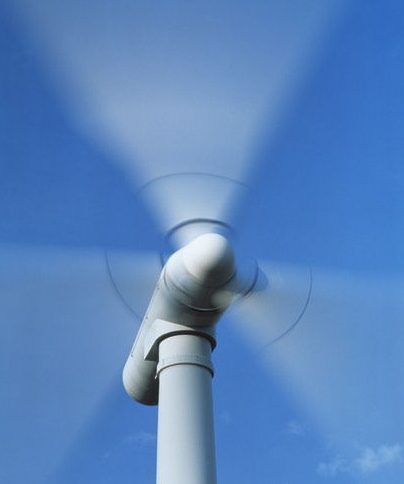Yet another scientific study has undermined one of the shoutiest claims of the anti-wind movement – that inaudible sound waves (or infrasound) emitted by operating wind turbines causes people living close by to wind farms to get sick, with a litany of symptoms ranging from anxiety, to nausea to migraine, heart disease, sleep deprivation and tinnitus.
The study by the Massachusetts Institute of Technology – and published in the November edition of the peer reviewed Journal of Occupational and Environmental Medicine – finds that living in close proximity to wind farms does not harm human health, but rather causes annoyance – in certain people.
“No clear or consistent association is seen between noise from wind turbines and any reported disease or other indicator of harm to human health,” the MIT study reports.
The study’s authors considered a number of case studies in Europe and the US to assess the impact of infrasound and quality of life for the populations close to wind farms.
They took into consideration health effects such as stress, annoyance and sleep disturbance among others that have, in the past, been raised in association with living close to wind turbines.
The findings revealed that infrasound and low-frequency sound did not present unique health risks, while annoyance seemed more strongly related to individual characteristics than noise from turbines.
The study also found that complaints from nearby residents were more common during the construction of wind farms, rather than during their operation. 
One case study in northern Poland, identified as the largest study of wind turbine noise, showed that those living next to wind farms reported the best quality of life and those living further than 1,500 meters scored the worst.
The report concluded that living in close proximity to wind farms does not result in the worsening of, and might even improve, the quality of life in that particular region.
“These results should lay to rest any concerns that some citizens may have with regard to living near wind turbines,” said Iván Pineda, head of policy analysis at the European Wind Energy Association.










